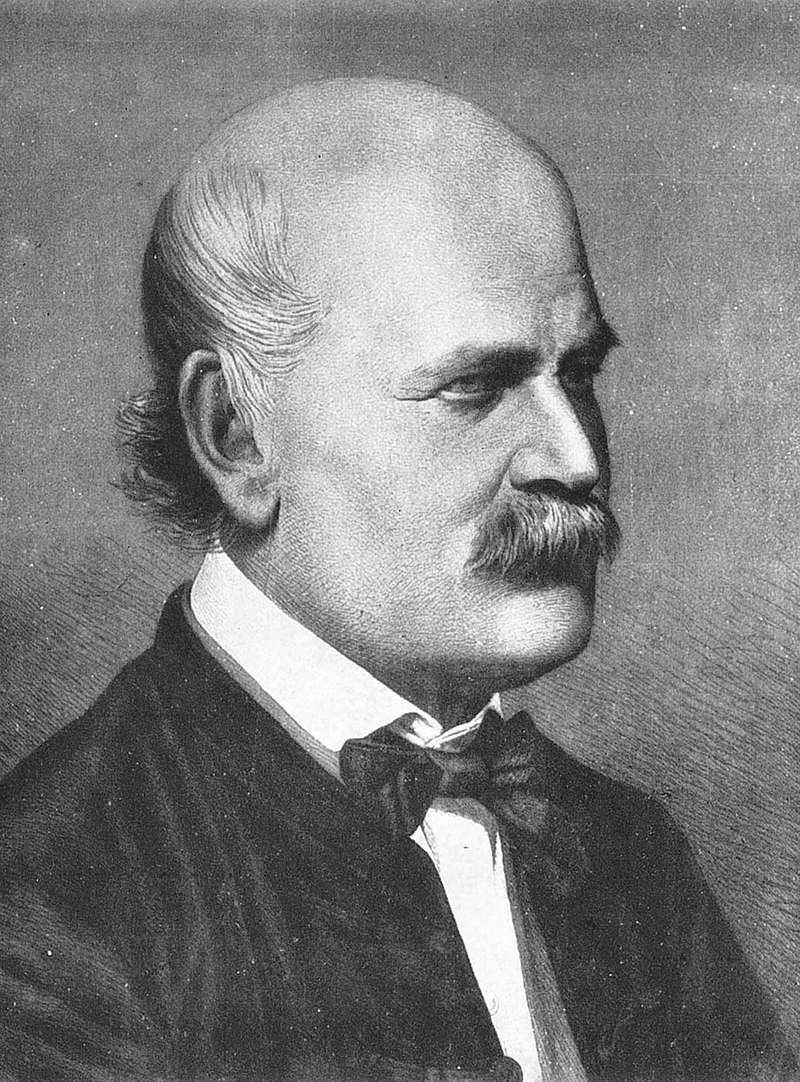| Armand Denis |
After going through the text, let us compare the research process followed by the researchers Armand Denis and Ignaz Semmelweis.
Both Armand Denis and Ignaz Semmelweis were interested in a particular topic. They followed a hunch and got engaged in a field that were of their interest, through ups and downs, failure and most importantly, coincidences. Armand Denis started with an assumption about the existence of the four-tusked elephant, asked about it to the Pigmeys, bribing them for information. He asked people to help him to verify the existence of the four-tusked elephant but wasn't completely prove his hypothesis.
While on the other hand, Semmelweis started by observing the death of women in labor, read the medical documentations, examined if there were any trends, conducted experiments to reach the concrete conclusion.
Both Armand Denis and Ignaz Semmelweis sought for the helping hands in their way of reaching the concrete hypothesis. Semmelweis was surrounded by many of the colleagues and the nurses and more importantly the "subjects" for the research i.e. patients in labor. Semmelweis studied the existing medical reports, literature to become familiarized with the symptoms and the caused of the disease. Denis on the other hand had to do the research by himself. There was only rumors in the name of literature for him to study, so the only thing he could do was to find about the elephant by himself i.e. full human research.
 |
| Ignaz Semmelweis |
There was a time when Denis had to discontinue his research on the four-tusked elephant, when all the doors were closed for him. He had to give up his hunt for the four-tusked elephant. While on the other hand, Semmelweis was determined on his work. He was preserved continuously throughout the research.
Though there were many difficulties in their path, coincidence played a vital role in their research. If Denis was not there and if he had missed the conservation the group of Finish people were having, then he would not be able to find the four tusks. Similarly, if the colleague of Semmelweis had not cut his finger accidentally, then he would not be aware of the fact that the infection from the autopsy was causing all the havoc.
Both Denis and Semmelweis faced difficulties in their journey, and reached the conclusion following unethical research practices.
Image Source: Internet
Comments
Post a Comment